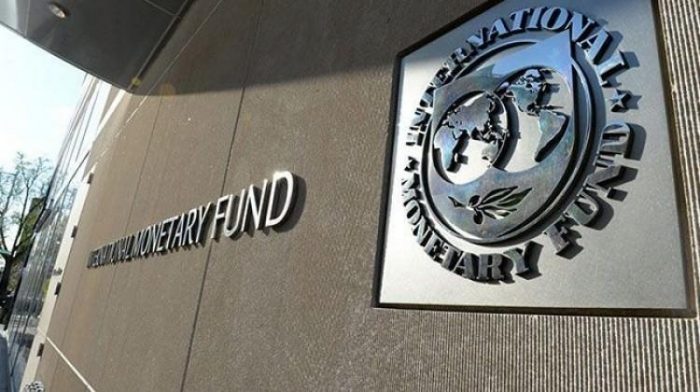
The International Monetary Fund (IMF) says that it expects Ethiopia’s economy to grow by at least 2 percent by the end of the current fiscal year. The organization affirms that Ethiopia’s economy would have grown by more had it not been for the lingering effects of the COVID-19 pandemic.
A global recovery is expected during the next fiscal year, however, and Ethiopia’s economy is expected to rebound by upto 8.7 percent during this period.
The IMF also confirmed that despite Ethiopia’s inflation rate falling from its high of 23 percent in April 2020, it is still high at 19 percent. The fact that the inflation rate is driven by high food prices is also a cause for concern.
Besides inflation, however, other prevalent dynamics in the country have been cited as causes for the economic uncertainty in the country. Political unrest, locust infestations and other natural disasters, and crime and corruption all contribute to an economic uncertainty that is expected to have negative consequences if not dealt with rapidly.
Debt management is also expected to play a large role in Ethiopia’s economic dynamic moving forward. “Greater prudence in borrowing by state-owned enterprises (SOEs) combined with reforms to improve governance and oversight of SOEs and the adoption of the plan to address legacy SOE debt will support the sustainability of public finances,” said the IMF in its statement.
The IMF has also agreed to a blueprint for the review of Ethiopia’s loan program, taking into account the pandemic and security concerns in the country. The three-year loan program, which was finalized in April, is worth 2.9 billion USD. Contrary to several other prominent international financial organizations, the IMF also said that it welcomes Ethiopia’s participation in the G20’s Debt Service Suspension Initiative.
Bloomberg, New Business Ethiopia, Reuters
